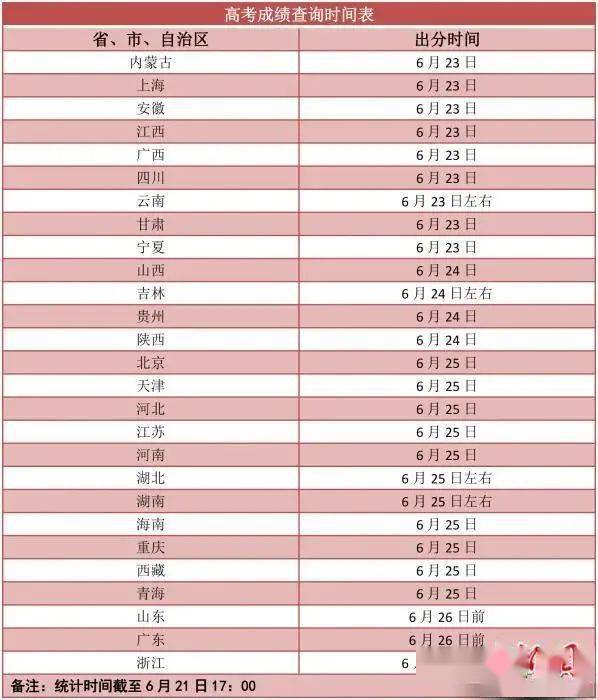In relation to the Joint Comprehensive Plan of Action, also known as the 2015 Iran Nuclear Agreement (JCPOA) signed between China, France, Germany, the European Union (EU), Russia, Britain, the US and Iran, the steps to start the ‘rehabilitation’ process are being started.

A view of the JCPOA Joint Committee meeting on April 6, in Vienna, Austria. Photo: Reuters
According to JCPOA regulations, Iran’s uranium enrichment level is at 3.67% and must not be stockpiled more than 300kg of raw materials. However, Iran has now enriched uranium by up to 20%, even claiming to be able to enrich as much as 90%. Iran’s enrichment of uranium to the point of making nuclear weapons has left powers like “sitting on a fire pan.”
Talks in Vienna, Austria, began last week in an effort to bring the U.S. and Iran back to the JCPOA. In 2018, the administration of former U.S. President Donald Trump unilaterally withdrew from the agreement. Now, more than two months after taking the leadership of the United States, President Joe Biden is making a “reversal” of his predecessor’s policy to “revive” the JCPOA.
International experts see the fact that the negotiators “revived” the JCPOA is a very positive signal, but in reality, the process is not easy with many obstacles. The negotiations will have a very complex scenario and developments, most evident in the form of negotiations when the U.S. and Iran do not directly have dialogue with each other.
The negotiation is carried out in the form of individual dialogue between the parties and communication through intermediaries. All JCPOA participants agreed to form 2 Working Groups. The first group will look at how the U.S. returns to the JCPOA by lifting sanctions on Iran. The second group will study how Iran will return to JCPOA compliance.
Analysts point out that the process of negotiating the JCPOA “revived” obstacles with 3 main issues. First of all is assurances about Iran’s shrinking of its nuclear program in accordance with the JCPOA, while specifically determining what sanctions the U.S. will lift on Iran. While Iran wants to lift most sanctions in exchange for its compliance with the JCPOA, the U.S. is only considering lifting sanctions related to the Iran nuclear issue.
President Biden’s administration insists the U.S. is willing to rescind sanctions on Iran that are believed to be inconsistent with the JCPOA but also stressed that the U.S. expects compliance with the deal on the part of Iran.
However, the Iranian side is unlikely to reverse its steps until U.S. sanctions are lifted. This is considered the second largest “barrier”. Namely, the order in which the U.S. lifted sanctions on Iran first and then Iran complied with the JCPOA again, or Iran complied with the JCPOA first before the U.S. lifted the sanctions. Although the process of “reviving” the JCPOA has shown very positive signs, the level of tension is still very high when the US and Iran will probably not give in to each other.
The third obstacle that is analyzed by experts is the schedule of negotiations. In June, Iran will enter the election of a new President and Iranian President Hassan Rouhani will not be re-elected due to the end of his second consecutive term. Many are concerned that the successor to the President of Iran may not take the JCPOA as seriously as Mr. Hassan Rouhani. So if the process of “reviving” the JCPOA is not achieved in his final days in office, it is very likely that the new administration will not negotiate with the US on the deal.
According to experts, Iran’s confidence in the JCPOA has been “eroded.” It would be unacceptable for the U.S. to cancel the deal and now return without “paying the price” for its actions. Especially with 3 obstacles in the process of “reviving” in which analysts point out, to achieve this goal will surely need to make breakthroughs in the short period between now and before the Iranian elections in June. In a scenario where the JCPOA is indeed “collapsing,” experts believe, the parties will proceed with a new international agreement or treaty to replace the JCPOA.





























































You must log in to post a comment.